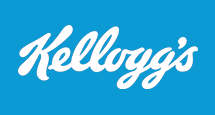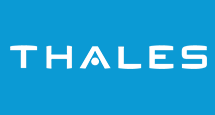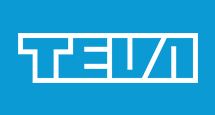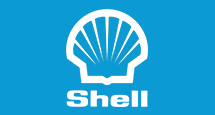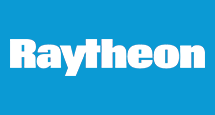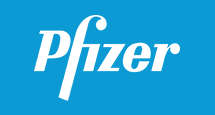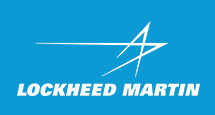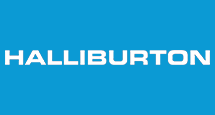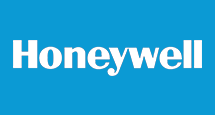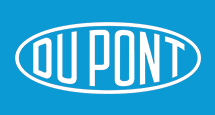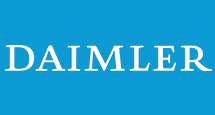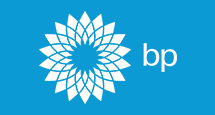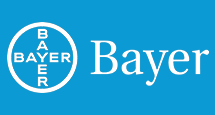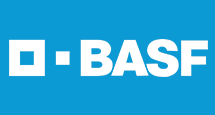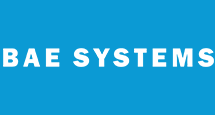Visiongain Publishes Protein Labelling Reagents for Research Use Only (RUO) Market Report 2021-2031
05 May 2021
Visiongain has published a new report on Protein Labelling Reagents for Research Use Only (RUO) Market Report 2021-2031: Forecasts by Type (Primary Antibodies, Secondary Antibodies, Proteins and Peptides), by Application (Immunological Techniques, Cell-Based Assays, Fluorescence Microscopy, Protein Microarrays, Mass Spectrometry), by Labelling (Enzymes, Biotin, Fluorescent Labels), by Fluorescent Dyes (Violet, Blue, Cyan, Green, Yellow, Orange, Red, Infra-Red) PLUS Profiles of Leading Pharma Contract Manufacturing Companies and Regional and Leading National Market Analysis. PLUS COVID-19 Recovery Scenarios.
Global Protein Labelling Reagents for Research Use Only market was valued at US$ xx billion in 2021 and is projected to reach a market value of US$ xx billion by 2031. Increasing investment in R&D for proteomics research, by both public and private organizations, is one of the major contributors to the growth of the protein labelling reagents market. The increasing prevalence of chronic diseases is also expected to contribute to the growth of this market. In addition, innovations in proteomic technology now offer the potential for proteomic profiling to become standard practice in the clinical laboratory, which in turn is driving the market for protein labelling reagents.
Global demand for healthcare is increasing due to growing and ageing populations. The elderly population require improved healthcare as they commonly have multiple medical conditions and functional impairments and additionally place social and economic demands. This will require actions including research activities. Focused research, new metrics and analytical methods are needed for a wide range of ageing issues, which is a key opportunity for the players in this market. Advances in proteomics technology that offers a great promise in the understanding and treatment of the molecular basis of disease, is also a major opportunity to this market.
However, research reproducibility and reagent quality concerns, the limited number of skilled professionals, and intense competition are some of the factors challenging the market growth.
COVID-19 Impact on Global Protein Labelling Reagents for Research Use Only Market
The COVID-19 pandemic has led to the closure of industries, institutes, corporate offices, and other social gatherings as a restrictive measure to contain the outbreak. This has impacted the protein labelling reagents market as a lot of research activities were paused due to shut down research facilities. The delay in research activities is a loss of investigator revenue incurred on research and development as they need to be re-done to get accurate results. Big research organizations with research activities to address the global pandemic have continued to operate, while noncritical research and non-COVID virus research-related activities were all paused.
Due to the outbreak of COVID-19, the researchers/scientists and physicians globally are racing to understand the new virus and the pathophysiology of the disease in order to uncover possible treatment interventions or discover new treatment regimens if needed to contain the spread of the virus.
Market Drivers
Increasing R&D Expenditure for the Development of Protein Labelling
Increasing investment in R&D for proteomics research, by both public and private organizations, is one of the major contributors to the growth of the protein labelling reagents market. The long-term trend in life science research funding is positive in many countries around the world, including European Union (EU), the United States and emerging countries such as India and China in the Asia-Pacific region. This can be attributed to the increasing healthcare research into major therapeutic areas such as oncology, chronic diseases associated with changing lifestyles and ageing populations, as well as the ongoing threat from communicable diseases such as HIV/Aids, Ebola, Zika virus, and the recent pandemic causative Covid-19 virus. Also, many companies are rapidly expanding their product lines, designed to meet constantly changing research needs.
Rising Prevalence of Chronic Diseases
Chronic diseases such as cardiovascular diseases, autoimmune diseases, and cancer are becoming more prevalent. According to the World Health Organization, chronic diseases are expected to become one of the leading causes of death globally by the end of 2030. The Discovery of drug compounds for the treatment of these diseases with fewer adverse effects and higher efficacy is a priority and focus area across countries worldwide. More research is nothing but more use of molecular labels. Protein profiles serve as powerful diagnostic tools/markers to predict treatment outcomes in many diseases, in particular cancer. The rise in the number of cancer cases across the globe is likely to contribute to the growing demand for advanced tools in cancer detection.
Market Opportunities
Favourable demographic and epidemiologic trends
Global demand for healthcare is increasing due to growing and ageing populations, increasing prevalence of chronic diseases, and growing focus on improving access to healthcare. The demographic trends are primarily driving the global demand for healthcare. The population ageing will continue, even accelerate in the coming years. This can be attributed to falling fertility rates and remarkable increases in life expectancy. Requirement for improved healthcare for the elderly population, the burden of infectious diseases, injuries, and high neonatal mortality is challenging the national health systems of most countries. Focused research, new metrics and analytical methods along with a growing body of academic literature and funded research on the consequences of population ageing which in turn is expected to drive the protein labelling reagents market.
Advances in Proteomics Research
Advances in proteomics technology offer great promise in the understanding and treatment of the molecular basis of disease. The demand for protein labelling reagents has increased with the integration of personalized medicine into healthcare. A thorough understanding of the patient’s protein/gene expression profile can be used to stratify the disease state, select appropriate therapy, adjust drug dosages, or initiate preventive treatment. Therefore, the growing requirement of applications of proteomics in personalized medicine is a key factor fuelling the growth of the protein labelling reagents market
Competitive Landscape
The primary and secondary antibodies market is highly fragmented, with the largest suppliers controlling relatively small shares of the total market. The top five players in the market constitute around 60% of the global market share.
The top five players in this market, for research use, in particular, include Abcam, Cell Signaling Technology, Invitrogen (ThermoFisher Scientific), Sigma Aldrich (Merck), and Santacruz Biotechnology. Abcam is the market leader with a broad portfolio of primary and secondary antibodies and captures the leading share of the market. Cell Signaling Technology is the next major player producing high-quality antibodies for a particular area of research, and western blotting antibodies, the most popular application. The other three most popular suppliers of research antibodies are Invitrogen, Sigma-Aldrich, and Santa Cruz Biotechnology.
Some of the companies profiled in the report include Abcam, Thermo Fisher Scientific/Invitrogen, Sigma Aldrich/Merck, Santacruz Biotechnology, Jackson Immunoresearch, and Rockland Immunochemical.
In February 2021, ChromoTek GmbH part of Proteintech specializing in Nanobody-based reagents, and Absolute Antibody Ltd., a leading provider of recombinant antibody technology announced a partnership to offer recombinant engineered antibodies to scientists worldwide.
In 2020, Cancer Research UK and Abcam plc, a global innovator in life science reagents and tools, entered into a new partnership for the development and commercialization of novel custom antibodies to support the acceleration of cancer research.
In September 2019, BioLegend launched TotalSeq™ antibody oligonucleotide conjugate reagents for high-throughput single-cell proteogenomics
Notes for Editors
If you are interested in a more detailed overview of this report, please send an e-mail to sara.peerun@visiongain.com or call her on +44 (0) 20 7549 9987.
About Visiongain
Visiongain is one of the fastest-growing and most innovative independent media companies in Europe. Based in London, UK, Visiongain produces a host of business-to-business reports focusing on the automotive, aviation, chemicals, cyber, defence, energy, food & drink, materials, packaging, pharmaceutical and utilities sectors.
Visiongain publishes reports produced by analysts who are qualified experts in their field. Visiongain has firmly established itself as the first port of call for the business professional who needs independent, high-quality, original material to rely and depend on.
Recent News
Visiongain Publishes Drug Delivery Technologies Market Report 2024-2034
The global Drug Delivery Technologies market is estimated at US$1,729.6 billion in 2024 and is projected to grow at a CAGR of 5.5% during the forecast period 2024-2034.
23 April 2024
Read
Visiongain Publishes Cell Therapy Technologies Market Report 2024-2034
The cell therapy technologies market is estimated at US$7,041.3 million in 2024 and is projected to grow at a CAGR of 10.7% during the forecast period 2024-2034.
18 April 2024
Read
Visiongain Publishes Automation in Biopharma Industry Market Report 2024-2034
The global Automation in Biopharma Industry market is estimated at US$1,954.3 million in 2024 and is projected to grow at a CAGR of 7% during the forecast period 2024-2034.
17 April 2024
Read
Visiongain Publishes Anti-obesity Drugs Market Report 2024-2034
The global Anti-obesity Drugs market is estimated at US$11,540.2 million in 2024 and is expected to register a CAGR of 21.2% from 2024 to 2034.
